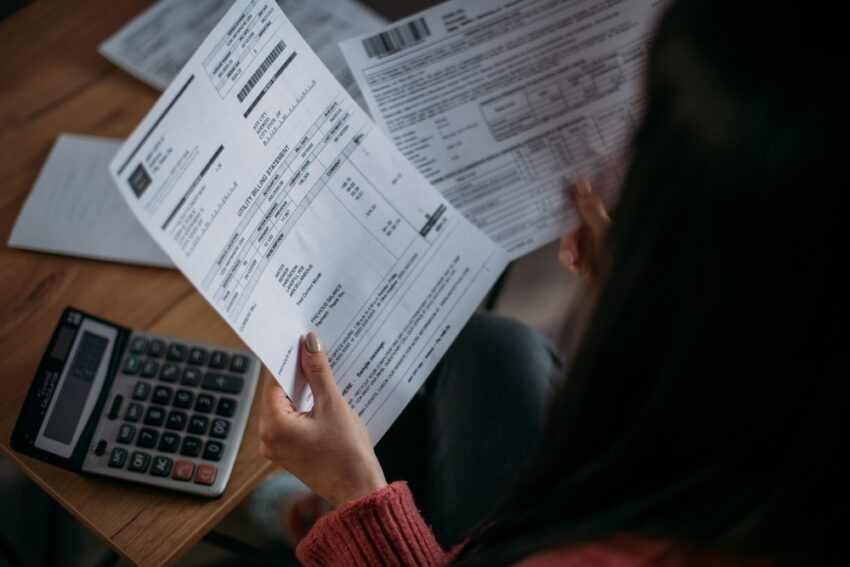Energy bills for most British households are likely to rise again this spring as a rise in wholesale gas prices and escalating network costs put new financial pressure on millions of households.
Forecasts from Cornwall Insight, the energy consultancy, indicate that Ofgem’s price cap could rise by around 1 per cent to £1,762 a year for a typical dual-fuel household in April, reversing an earlier forecast of a modest fall. The new figure is slightly above the £1,738 limit that comes into effect from January and continues the marked increase on pre-crisis averages of around £1,100 per year.
Other proposed adjustments to the price cap – such as surcharges for energy-intensive industries – could add a further £20, bringing the total to £1,782 per year.
European gas prices have had a volatile year. After falling to €24 per megawatt hour in February, they have risen again to a one-year high of €45.5 per MWh. Demand from Asia, boosted by extreme summer temperatures, has intensified global competition for liquefied natural gas (LNG), on which Britain is increasingly dependent as the country reduces its dependence on Russian pipelines after invading Ukraine.
Ofgem, the UK energy regulator, has warned that continued dependence on LNG imports is likely to keep gas markets volatile next year. Craig Lowrey, principal adviser at Cornwall Insight, described the 2024 outlook as “a perfect storm of regulatory change and market turbulence”, adding that “while significant price increases are currently unlikely, the extent of any increase will depend on how the market is developing. and regulatory reforms are evolving.”
The energy price ceiling introduced in 2019 limits the rate that suppliers can charge per unit of gas and electricity. It is regularly recalculated to reflect the costs of an efficient supplier. The result, however, is that even at current levels, household bills are roughly 50 percent higher than before the energy crisis.
Consumer advocates remain concerned. Simon Francis, co-ordinator of the End Fuel Poverty Coalition, commented: “The latest forecast suggests households will pay around 70 per cent more than in winter 2020/21. That means an extra £750 a year, leaving more people living in cold, damp homes and risking the health consequences of fuel poverty.”
As gas prices have risen due to geopolitical tensions, including the conflict in Ukraine, the Labor Party has proposed accelerating the UK’s shift to renewables to reduce exposure to fossil fuel price spikes. According to research from think tank Ember, renewables are on track to supply more electricity to the UK grid than fossil fuels for the first time this year, offering a glimmer of long-term relief amid short-term cost pressures.

